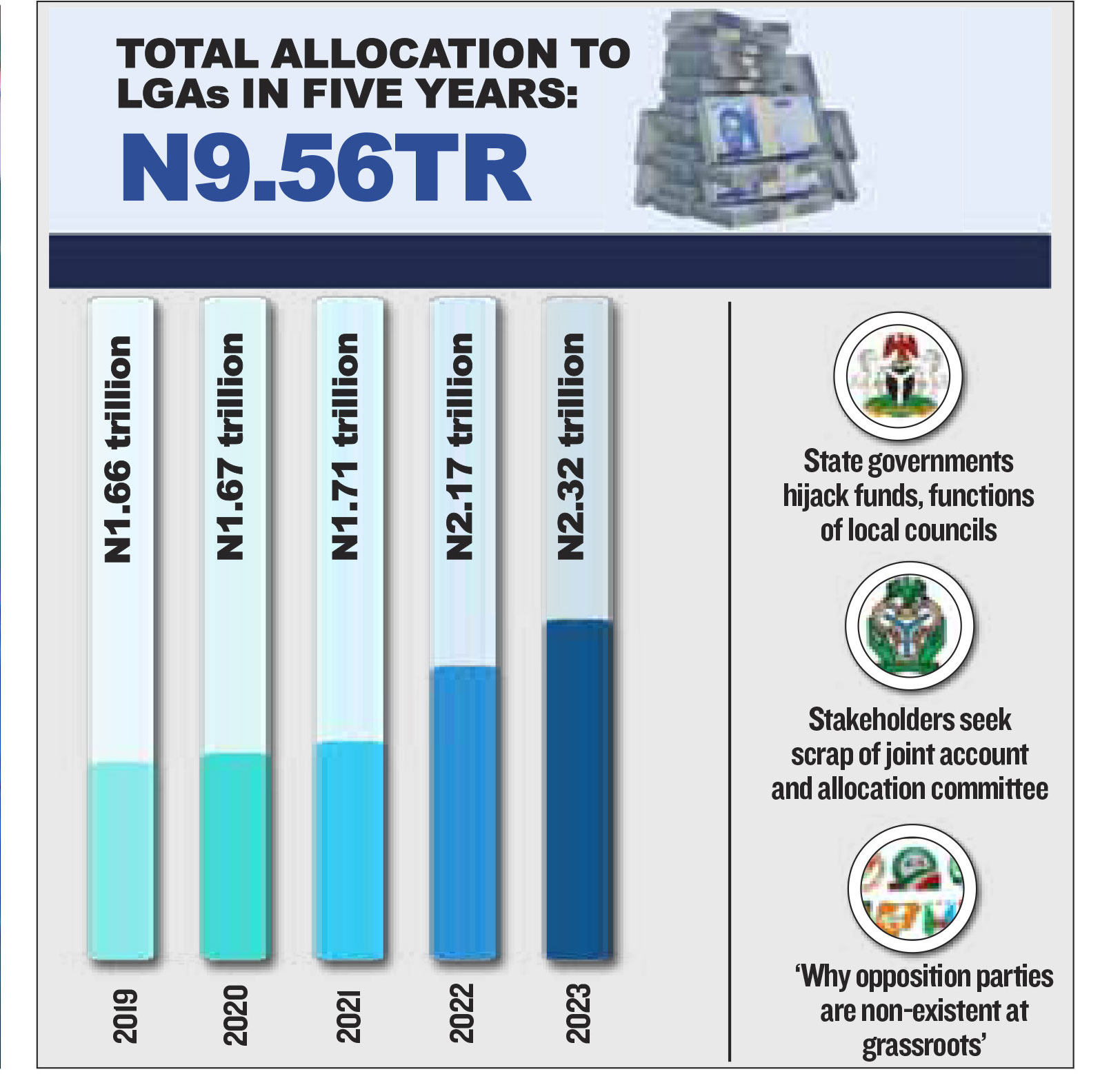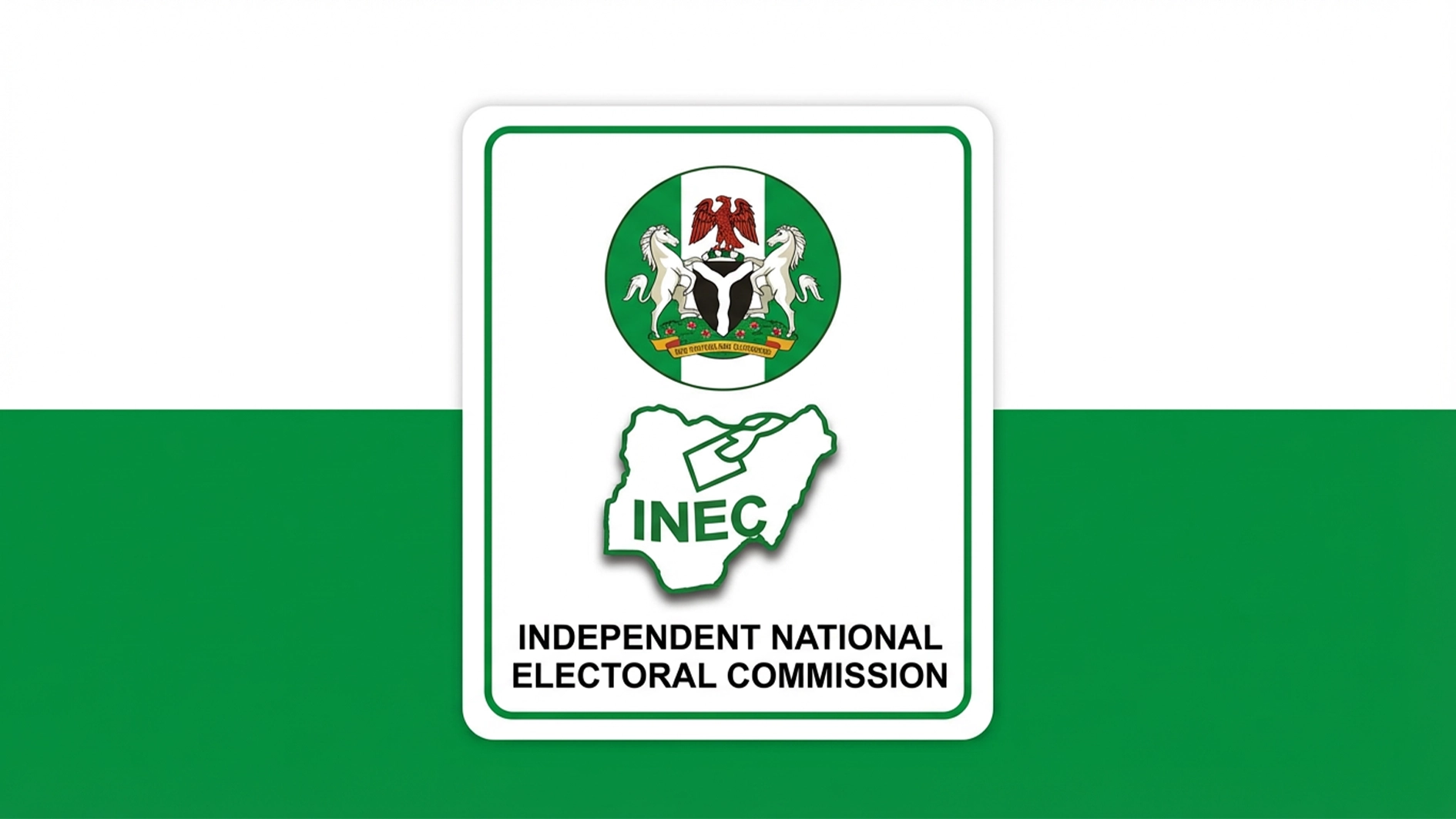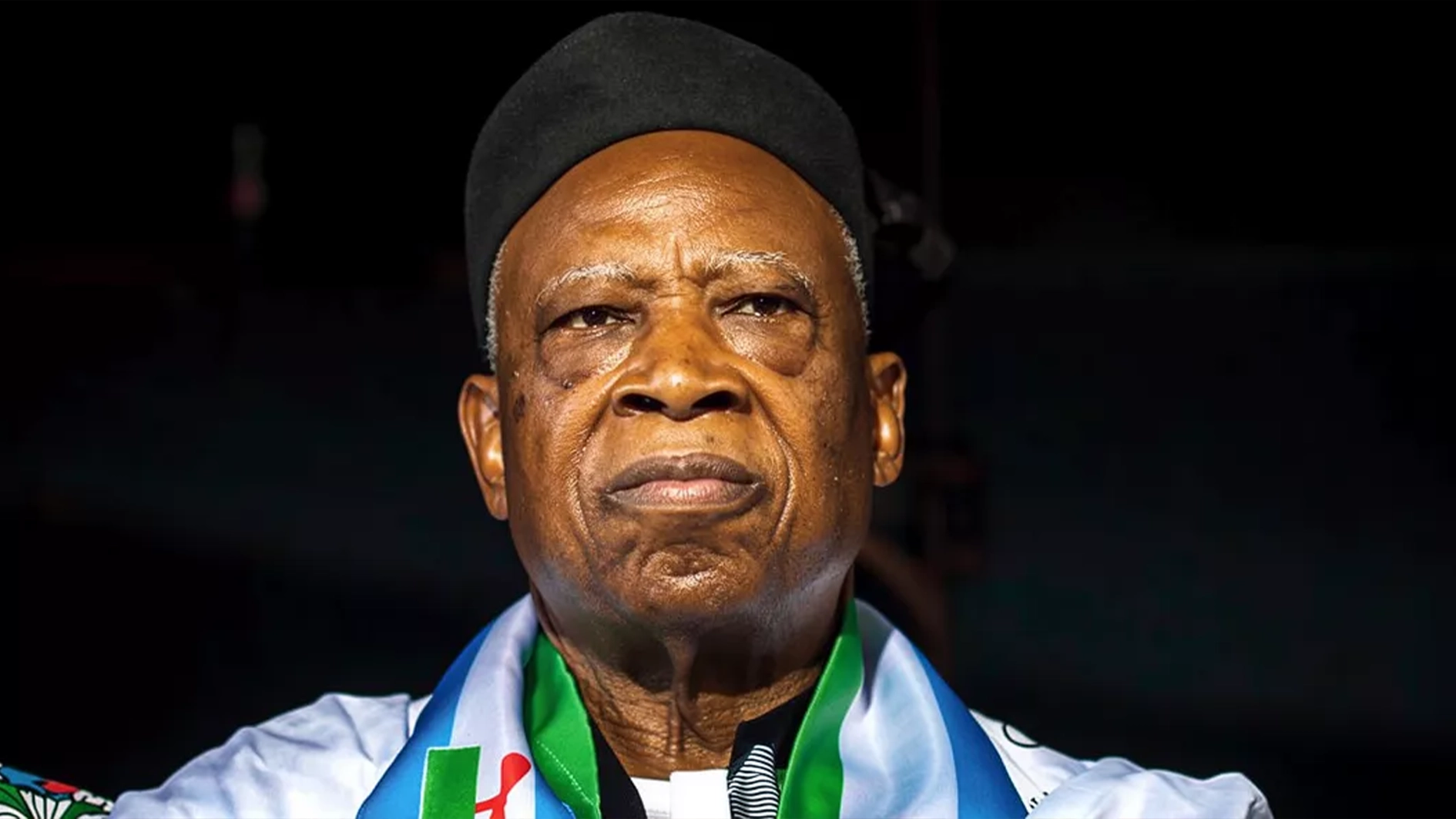 • State governments hijack funds, functions of local councils
• State governments hijack funds, functions of local councils
• Stakeholders seek scrap of joint account and allocation committee
• ‘Why opposition parties are non-existent in grassroots’
Despite an increase in earnings in the last seven months of post-subsidy regime, and estimated allocation of N9.56 trillion from the federation account in the last five years, basic services in the local governments nationwide have remained grossly inefficient, with tell-tale signs of total neglect.
Across the 774 Local Government Areas (LGAs) and additional Council Development Areas (LCDAs), with few exceptions though, the primary duties of council administrations are more heard of than felt by residents.
Basic education, health facilities, inner roads and social infrastructure are either not available or not accessible. And more often, the blame is on lack of funding to meet statutory obligations to the people.
But on the contrary, the albatross remains the lack of autonomy, stranglehold of the state governments on council funds, corruption and zero accountability, coupled with poor planning for the delivery of sustainable services at the grassroots.
The Guardian findings showed that the 774 local governments from the Federal Allocation Account Committee (FAAC) received a cumulated N9.56 trillion between 2019 and 2023. The sum is exclusive of Internally Generated Revenue (IGR) and other sundry levies that are charged across the local councils.
A review of FAAC documents published by the National Bureau of Statistics (NBS), shows that in 2019, the 774 local governments, received N1.66 trillion; in 2020, N1.67 trillion; in 2021, a sum of N1.71 trillion; in 2022, they received N2.17 trillion, while from January to November 2023, the sum of N2.32 trillion has been received.
Since May this year when the Federal Government removed subsidies from the petroleum, thereby recording sharp increase in the revenue accruable to the government, the 774 local councils have received an average of N231.68 billion monthly.
The Guardian checks revealed that 774 local governments in Nigeria shared N221.81 billion in January this year, but a decrease in February as the allocation slumped to N172.93 billion.
In March N173.94 billion, April N171.25 billion, May N195.54 billion, but in June the allocation rose to N221.79 billion, July N229.41 billion, August N236.23 billion, September N266.53 billion, October N210.9 billion and November N258.81 billion.
Despite increase in funds, performances at local councils remain grossly unsatisfactory.
For Nigerians to see the impact of the huge resources accrued to the local government, prominent stakeholders, said the state-local government Joint Account Allocation Committee (JAAC) should be scrapped while funds from the federation account should be sent to the local governments directly.
It was also gathered that the governors to have absolute control on the JAAC have allegedly compromised elections into the local governments.
Checks revealed that ruling parties in their respective states are controlling all the 774 local governments.
As the closest level of government to the people in the federation, Fourth Schedule of the 1999 Constitution listed some of the functions of the local government to include: “Collection of rates, radio, and television licenses, establishment and maintenance of cemeteries, burial grounds, and homes for the destitute or infirm.
“Licensing of bicycles, trucks (other than mechanically propelled trucks), canoes, wheelbarrows and carts; establishment, maintenance and regulation of slaughterhouses, slaughter slabs, markets, motor parks and public conveniences.”
Others include: “Construction and maintenance of roads, streets, street lightings, drains and other public highways, parks, gardens, open spaces, or such public facilities as may be prescribed from time to time by the House of Assembly of a State; naming of roads and streets and numbering of houses; provision and maintenance of public conveniences, sewage and refuse disposal; registration of all births, deaths and marriages.”
Their other functions are, “assessment of privately owned houses or tenements for the purpose of levying such rates as may be prescribed by the House of Assembly of a State; and control and regulation of out-door advertising and hoarding, movement and keeping of pets of all description, shops and kiosks, restaurants, bakeries and other places for sale of food to the public laundries, and licensing, regulation and control of the sale of liquor.”
However, investigations revealed that most states have established agencies to perform some of the constitutional roles of the local governments in various sectors. While the control of outdoor advertisement and signage have become a big money venture for the state governments, control of parks; licensing, regulation and control of the sale of liquor are no longer within the purview of the local governments in some states.
Also, management of refuse has ceased to be the responsibility of local governments in states. For instance, Lagos State Waste Management Authority (LAWMA) oversees refuse management in the state instead of local councils.
There are also Oyo State Waste Management Authority (OYSTMA), Rivers State Waste Management Agency (RIWAMA) and Delta State Waste Management Board. In Kano, it is the Refuse Management and Sanitation Board (REMSAB) while Enugu State Waste Management Authority takes charge of refuse disposal in the state.
Former chairman of Ijebu East local government in Ogun State, Wale Adedayo told The Guardian that local governments in Nigeria recorded the greatest performance during the military era and blamed the establishment of JAAC as the root cause of their dismal performance.
The joint account system as a financial policy of the local government was given birth to in the 1979 Constitution following the nation-wide local government reforms of 1976.
The system was subsequently abolished in 1989 by the General Ibrahim Babangida administration due to its wrong implementation by the state governments. It later in 1999, following the restoration of civil rule in Nigeria, found its way back into the constitution. The implementation became problematic as state governments turned it into a goldmine for themselves, through various illegal deductions, diversion and delay of the statutory allocation of the councils.
Adedayo said: “All what the councils get from their governors are the recurrent expenditure, security vote and allowances, and whenever a governor wishes he can call council chairmen and say ‘go and execute a project of N8 million’ and that is all. You can’t ask questions about the amount you all know came from FAAC to the JAAC every month.
“I grew up in Mushin and I saw how local councils performed during the military. There was a chairman called pawpaw, he was not that educated, but he tarred roads, cleared refuse, cleaned up drainages, desilt gutters, provided pipe borne water to all houses in Mushin. But the governors have taken over everything, including collection of tenement rates and other levies meant for the councils, to generate internal revenue.
“There are roads that fall within the purview of local councils, as you all know, there are federal, state and local governments roads. Ask Nigerians when their local councils have constructed a kilometer of road in a year or even maintained falling ones. People with conscience and love for their people are finding it difficult to govern local governments in Nigeria.”
The National Chairman of Association of Local Government in Nigeria (ALGON), Alabi Kolade David, said it is unfortunate that local councils have been decapitated to perform its constitutional duties in Nigeria and called on President Bola Tinubu to wade into the matter for the people at the grassroots to enjoy the dividends of democracy.
He noted that local governments in Morocco, Colombia, the United States and Britain operate seaports, airports, universities, and other welfare projects to make life meaningful to the people. He criticised some states for denying their people dividends of democracy through denying local councils from functioning well in their constituent units.
He said good governance could only be achieved through bottom-top approach and this is only feasible if local councils are allowed to function at optimum level.
ALGON chairman said: “If we want Nigeria to be prosperous, you have to adopt a bottom-top approach to governance. It’s not what we should be debating, it’s not what we should fight for, and we should allow common sense to prevail by allowing local governments to thrive.
“I am not part of the people advocating for financial or administrative autonomy for the local governments but I’ve been advocating for autonomy in totality for the local councils to work and deliver dividends of democracy to Nigerians.
“All of us were alive to witness the recent problem in Ogun State, when one of the chairmen cried out that he was not able to access the funds that were meant for his local government and that is exactly what I’m saying. It is not that the money is not coming from FAAC, the Federal Government is not holding the money, but the money is hanging in the state.”
The ALGON chairman, who called on Nigerians to join them in advocacy for local government autonomy cautioned council chairmen throughout the country to stop protecting their mandate at the expense of good governance, saying whatever they failed to do in office will later hunt them.
David regretted that some states assemblies ganged up to vote against local government autonomy last year, during the constitutional amendment by the National Assembly.
In the bill, which did not get endorsement of 24 out of 36 states assemblies to scale through, each local government council is to create and maintain its own special account to be called Local Government Allocation Account into which all the allocations will be paid.
The National President of the Nigeria Union of Local Government Employees (NULGE), Akeem Olatunji, also described JAAC as a conduit pipe for siphoning money meant for the third tier of government .
Olatunji, who said that the appointment of surrogates and political jobbers into leadership positions in the councils should stop, noted that the root of security and socioeconomic challenges facing the country was traceable to the mismanagement of the local government system by state governors.
The NULGE leader said it was time to fix the local government administration in the country, noting that state electoral bodies should not conduct council elections. He said that the polls conducted by the state agencies were not acceptable to Nigerians, describing the exercise as a charade.
“And we say it is time to fix Nigeria; it is time to fix the local government system. Once you fix the local government, you fix Nigeria. Over 80 per cent of Nigerian problems are traceable to denial, administrative misrule, and stealing of local government funds.”
Speaking in the same vein, Professor Gbenga Jegede of Ekiti State University Ado-Ekiti, the conduct of elections into local government councils in Nigeria has left much to be desired.
He said, “There is no gainsaying that credible election into local government councils has been a pipe dream because the governors have refused to allow it to happen.
“The 1999 Constitution gave state governors the power to dissolve local councils and appoint Caretaker Committees to run their affairs. In addition, the Constitution also empowers governors to appoint chairpersons of State Independent Electoral Commissions (SIEC), saddled with the conduct of local government elections in the 36 states of the federation and FCT.
“As long as the conduct of the election is at the whims and caprices of the governors, the conduct of credible elections at that level is very remote. Therefore there is a need to do a holistic review of the current enabling laws including the constitution. Some have argued that the SIECs should be abolished while the Independent National Electoral Commission (INEC) should conduct all elections.”
Public Affairs analyst, Livingstone Wechie recommended that Nigeria should start registering local government Political Parties so the local people can determine who governs them and freely choose accordingly, adding that more powers should be devolved to the local councils to make governance more competitive at that level.
A former Nigerian Ambassador to the Philippines Dr Yemi Farounbi and a law lecturer at the Lead City University, Ibadan, Prof. Olu Ojedokun, called on Nigerians to rise up against the state Houses of Assembly that voted against local government autonomy and work towards independent funding for local governments.
To make the local government administration system effective and democratic in Nigeria, Dr Abubakar Yahaya and Dr Muhammad Bello, both senior lecturers at the Political Science department Federal University, Dutse, (FUD) in Jigawa state advocated absolute autonomy to the third tier of government as enshrined in the 1999 Constitution.
In separate interviews with The Guardian, they lamented the systematic decline of the local government system, especially since the 2004 reform system during the Obasanjo administration. The development, they said, has affected the quality of governance at that level.
Yahaya, who is the Head of the department, advocated an urgent constitutional amendment to among other reforms remove the powers to conduct election from the State Electoral Commissions (SIECs) to the Independent National Electoral Commission (INEC). This, he believes, would guarantee free playing ground for people.
But Bello had different views on the constitutional amendment, insisting that there were enough provisions in the constitution to guarantee the effective performance of the local government system, saying all that was required was the will to effectively maintain the autonomy of the councils as enshrined in the constitution.
According to him, “Section 7, Schedule 8 has spelt out the structure, finances and those that are eligible to rule and administer the local government through the democratically elected system. But we have been bedeviled with the challenges because of the struggle to ensure that the local government operates as an autonomous organ of government, unfortunately the state governors have been pocketing them.”






